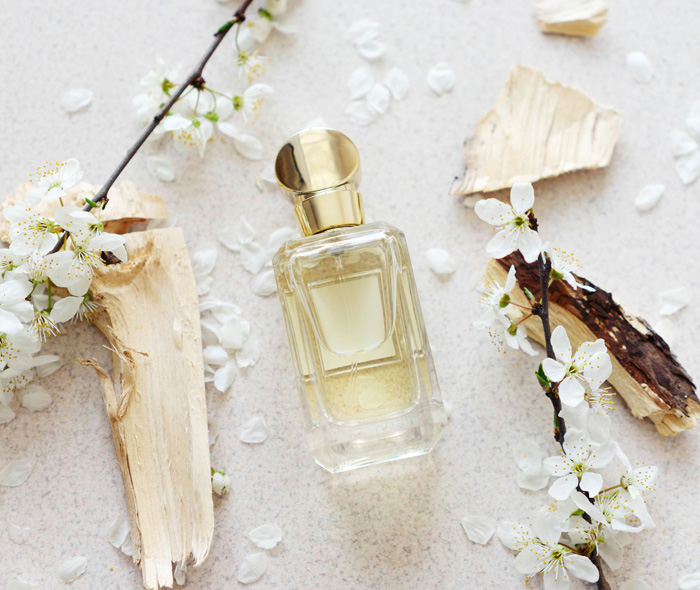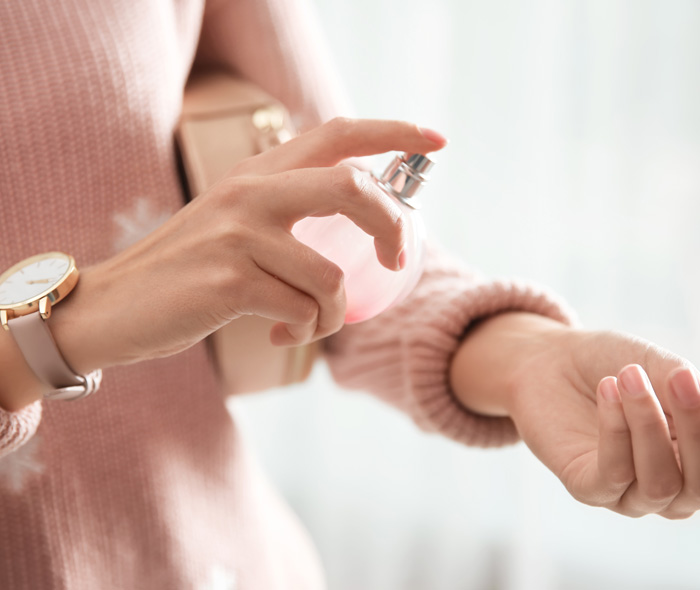FAQ
FAQ
- Home
- FAQ
Frequently Asked Questions
Misthree’s product are empowered by a patented nanoencapsulation technology.
The technology is based on using an advanced biodegradable polymer to surround different kinds of activesa thereby protecting them from degradation, slowing down their evaporation loss, & increasing their bioefficacy. The biodegradable polymer also serves to uniformly disperse these actives in water without the use of any surfactants or alcohol which is the common industry practice. As a result, we can use less actives & resources to achieve the same kind of desired end results.
The whole process from polymer manufacturing to the encapsulation process is based on sustainable green chemistry approach without the use of organic solvents & high energy hence making it an environment-friendly technology.
Misthree advocates the idea of Doing More with Less.
- Actives are the functional ingredients in a formulated product that gives the product its intended function. For example, repellent actives provides the repellence effect, anti-aging actives provides anti-aging effect, etc.
Our products are sold on our website, Lazada and Shopee.
We are also trying to work with mass retailers to bring our products closer to you.
For international buyers outside Singapore, please purchase through our website. There is a minimum order of S$200 and airfreight fee is charged separately.
It is very technically challenging to produce a sprayable alcohol-free water-based fragrance. That is why the mainstream perfumes are all alcohol based. Why would manufacturers use something that is flammable and not friendly to the skin when there’s alternatives? Some brands do sell sprayable alcohol-free water-based fragrance that’s typically labelled as a fragrance mist. Without using alcohol, the alternative (adopted by these other brands) would be to use a surfactant to make the fragrance material mix well with water. The problem with this approach is that we can only add up to a limited concentration of fragrance which is about 3-5% max. At Misthree, our product are sold at 20% concentration (although technically we can incorporate more fragrance) which is more than enough to have a long lasting scent as we use our nanoencapsulation technology to let the entrapped fragrance material slowly diffuse through a biodegradable matrix.
Besides, we also don’t use surfactants which is also unfriendly for our skin (see below Q&A).


Many fragrance actives are hydrophobic (i.e. oil-like) and immiscible with water. In order to mix them uniformly in water, the industry practice is to either add alcohol or surfactants. However, these two ingredients are not friendly to our skin and should be avoided where possible.
Alcohol is not friendly for your skin
Alcohol is a drying agent, and when applied to the skin, it can strip away the skin’s natural oils and lead to dryness, irritation, and inflammation. This can be especially problematic for people with dry or sensitive skin, as well as for those with conditions like eczema or rosacea.
In addition, alcohol can disrupt the skin’s barrier function, which is responsible for protecting the skin from environmental stressors and keeping moisture in. When the barrier function is compromised, the skin becomes more vulnerable to damage from things like pollution and UV radiation, as well as from bacteria and other irritants.
Finally, some types of alcohol, such as denatured alcohol or SD alcohol, can be particularly harsh and damaging to the skin. These types of alcohol can cause stinging, burning, and redness, and should generally be avoided in skincare products.
Surfactants could be bad for your skin
Surfactants are a common ingredient in skincare products because they help to cleanse the skin by breaking down and removing dirt, oil, and other impurities. However, certain types of surfactants can be harsh on the skin and may cause dryness, irritation, and other problems.
One of the main concerns with surfactants in skincare products is that they can strip the skin of its natural oils, which can lead to dryness and even skin barrier damage. This can cause the skin to become more vulnerable to external irritants, and can also lead to issues like redness, itching, and inflammation.
Another issue with some surfactants is that they can be irritating to sensitive skin, especially if they are used in high concentrations or if they are left on the skin for too long. This can lead to a range of issues, from mild discomfort to more serious skin reactions like contact dermatitis.
Allergens are substances that can cause an allergic reaction in some people who are sensitive or allergic to them. These substances can be found in a variety of products, including cosmetics, and can cause skin irritation, rash, swelling, or more serious allergic reactions like anaphylaxis.
Under EU and ASEAN cosmetic regulations, there’s a list of 26 fragrance allergens which must be declared on the label of cosmetic products if they are present at above certain concentrations. Some essentials may contain small concentration of these allergens which we would state on our labels. People with known allergies to these allergens should adopt precautions when using the product.
We recommend that consumers always do an initial skin patch test on a non-conspicuous area to ensure they do not react adversely to any new products they are using.
Unlike alcohol-based perfumes, water-based alcohol-free perfumes normally have a white milky appearance. This is because the fragrance molecules are not really dissolved in the water but are just uniformedly dispersed as small particles in water with the help of our biodegradable polymer. These particles can reflect light and give off a whitish appearance. However, due to our nanoencapsulation technology, the AquaScentz sprays just as well as normal perfume and exhibits great stability compared to other oil in water emulsions. For normal application, it does not stain the clothes which can be seen in the video below.
The polymer we used are listed in INCI and found in other cosmetic products although it is not common due to its extremely high cost. We only need the polymer at low concentration and we have done HRIPT (Human Repeat Irritation Patch Test) which found our polymer to be non-irritating and non-sensitizing to human skin. Please be assured that the polymer is safe for topical application. We are more concern on the safety of the fragrance material & actives than the polymer itself.
